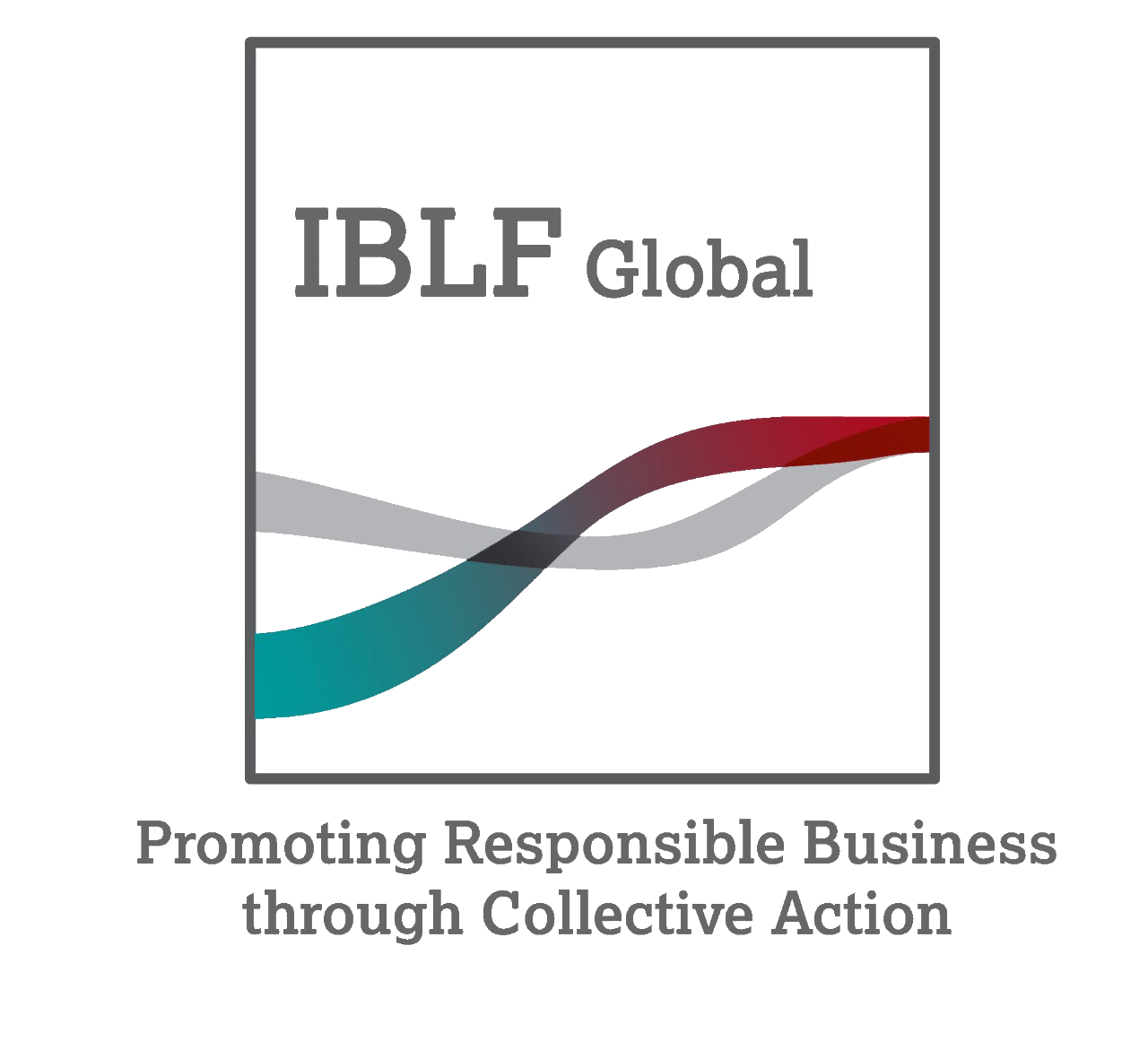World Trade Matters: Winter 2017/18 - How to say "NO"

Winter 2017/2018
This article was written by Brook Horowitz, CEO of IBLF Global, published in the issue of winter 2017/2018 of World Trade Matters.
Whatever the outcome of the Brexit negotiations, business with our traditional partners in Europe will never be quite the same. This provides companies with a strong incentive to explore new high-growth markets. Brook Horowitz, CEO at IBLF Global, looks at the risks and opportunities facing British companies when approaching these new markets.
What do Pakistan, Brazil, South Korea have in common? Yes, that’s right – they are all high-growth markets outside the EU and priority export destinations for UK products post-Brexit. But they are also countries whose leaders have been forced out because of corruption.
In many emerging and developing markets, corruption is a high risk for British exporters. With weak rule of law, poor enforcement, a high level of state bureaucracy, huge differences between rich and poor, and leaders often part of the problem rather than the solution, corruption pervades the public administrations and business culture. Countries that would otherwise be relatively attractive targets for British companies, pose a substantial risk.
That risk needs to be managed. The good news? It can be. The bad news? It’s not easy. The very bad news? It’s extremely costly if you don’t.
Of course, some people argue in favour of a relaxed approach to corrupt business practices abroad. “It’s how they do business”, they say, “we should go along with that”. “Our business is to do business, not to change their way of life”. “When in Rome…”
Proponents of these views consider the risks to be minimal, and the ethical and moral dilemmas posed by these kinds of practices to be negligible. Some even say that these economies would come to a standstill if it weren’t for corruption oiling the wheels and bribery greasing the palms.
Looking at business as a short-term, transactional, opportunistic activity – the “quick buck” mentality – you can see the point of those who accept corruption as an unavoidable and unchangeable. But anyone at the Institute of Export will tell you that successful exporting is not short-term. It’s all about a longer-term investment in people, markets, industries and societies – including our own.
As far as the ethics of corruption is concerned (just to get this question out of the way once and for all), just ask the people in these countries who are on the receiving end of disease and epidemics, shoddy workmanship and collapsed buildings, water shortages and under-investment in infrastructure. It follows that actively resisting playing that game is better for societies and people. As a British exporter conforming with the law, you may not be able to change the culture of corruption in China, but at least you won’t be contributing to it. In fact it is possible to do business in some of these countries without compromising your company’s ethical principles or taking short-cuts.
I did some research recently for the British Government on British company views of risks in markets in Sub-Saharan Africa. Companies that said “no” to the bribe-takers from the outset were able to weather the first difficult months of resistance to their products and services. Once the message had got across to the government officials and business partners, they backed off, allowing the company to gain a foothold in the market.
The ones who went along with the local “practices” could never maintain a truly sustainable business in the long-term: they incurred costs in the form of bribes that could never be predicted, and exposed their employees to a high risk of personal danger. And, if ever they got caught, they incurred large legal and reputational losses – sometimes in the millions of UK£, as well as the huge cost on morale on the workforce of a full investigation by the lay enforcement authorities.
There’s no shortage of examples of top brands that have taken the short-term route to their cost. Even with the much-vaunted “tone from the top”, crystal-clear codes of practices, and an army of compliance officers, companies can still get it wrong – whether accidentally or accidentally on purpose. GSK, Rolls Royce, Barclays, Rio Tinto, PetroFac… the list of companies under investigation goes on.
For smaller companies, the chances of being investigated by the Serious Fraud Office are low, and there are few cases involving prosecutions for low sums of money or for offering facilitating payments to foreign officials. However, even without the risk of prosecution, the fundamental disadvantages of engaging in this kind of business remain: it’s expensive, it’s dangerous, it’s unpredictable, and it’s dishonest.
How to mitigate the risks is part of a large body of management theory and practice – too much for this short article, but the topic of an upcoming Institute of Export seminar in London. During this session, we’ll be balancing the risks and opportunities in high-growth/high-risk emerging markets such as China, Vietnam, Russia, Turkey and Nigeria, and discussing ways that companies can grow their business in these markets with integrity.

